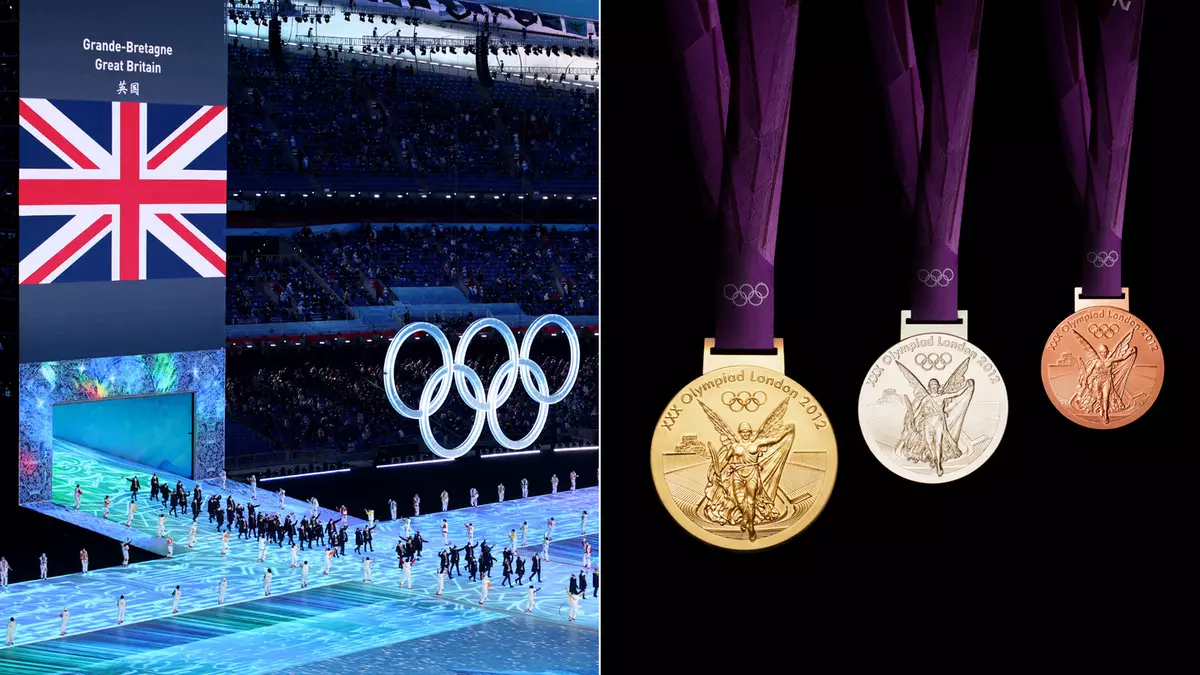Olympic Medals: Controversies and Corrections
The Olympic Games, a pinnacle of athleticism and international camaraderie, often evoke memories of thrilling performances and exceptional achievements. Yet, amidst the countless medals awarded, the joyous celebrations can be marred by instances where medals are stripped or reassigned. Such occurrences raise questions about fairness, sportsmanship, and the integrity of these prestigious events.
The Role of the IOC in Medal Allocation
The International Olympic Committee (IOC) stands as the governing body responsible for overseeing the Olympic Games and ensuring adherence to established rules and regulations. One of its key mandates involves determining the eligibility of athletes and allocating medals accordingly. The IOC often relies on national federations to verify the nationality of competing athletes. However, in certain cases, as evidenced by recent events, further scrutiny may be required.
The Case of Lloyd Hildebrand
At the 1900 Olympic Games held in Paris, Lloyd Hildebrand, a British-born cyclist with strong ties to France, secured a silver medal in the men’s 25km cycling race. Over a century later, in 2024, the IOC re-evaluated Hildebrand’s eligibility and determined that, based on his upbringing, club affiliations, and personal ties to France, the medal should be credited to that nation instead of Great Britain. This decision underscores the IOC’s commitment to ensuring accuracy and fairness in medal allocation, even decades after the initial award.
Usain Bolt’s Beijing Disqualification
One of the most high-profile cases of Olympic medal withdrawal occurred in 2017 when Usain Bolt, the legendary Jamaican sprinter, was stripped of his 4x100m relay gold medal from the 2008 Beijing Games. The disqualification stemmed from the discovery that Nesta Carter, one of Bolt’s relay teammates, had tested positive for a banned substance. This incident highlighted the consequences of doping violations and the zero-tolerance policy adopted by the IOC.
Implications for Athletes and National Teams
Medal reallocations can significantly impact the medal standings of participating nations. In the case of the 1900 cycling event, France’s medal count increased by one, while Great Britain’s tally decreased. Such adjustments not only affect the perceived success of athletes and teams but also influence the historical narratives and records associated with the Olympic Games.
Importance of Verifying Eligibility
The controversies surrounding Olympic medals underscore the crucial role of verifying athlete eligibility prior to and during the Games. National federations bear the responsibility of ensuring that their athletes meet the necessary criteria and adhere to anti-doping regulations. The IOC, in collaboration with these federations, plays a vital role in upholding the integrity of the Olympic movement and ensuring that medals are awarded fairly and accurately.
Conclusion
While medal reallocations may be infrequent, they serve as reminders of the importance of adhering to established rules and regulations in the world of competitive sports. The IOC’s commitment to fairness and accuracy ensures that the Olympic Games remain a symbol of excellence, sportsmanship, and the pursuit of athletic greatness.



